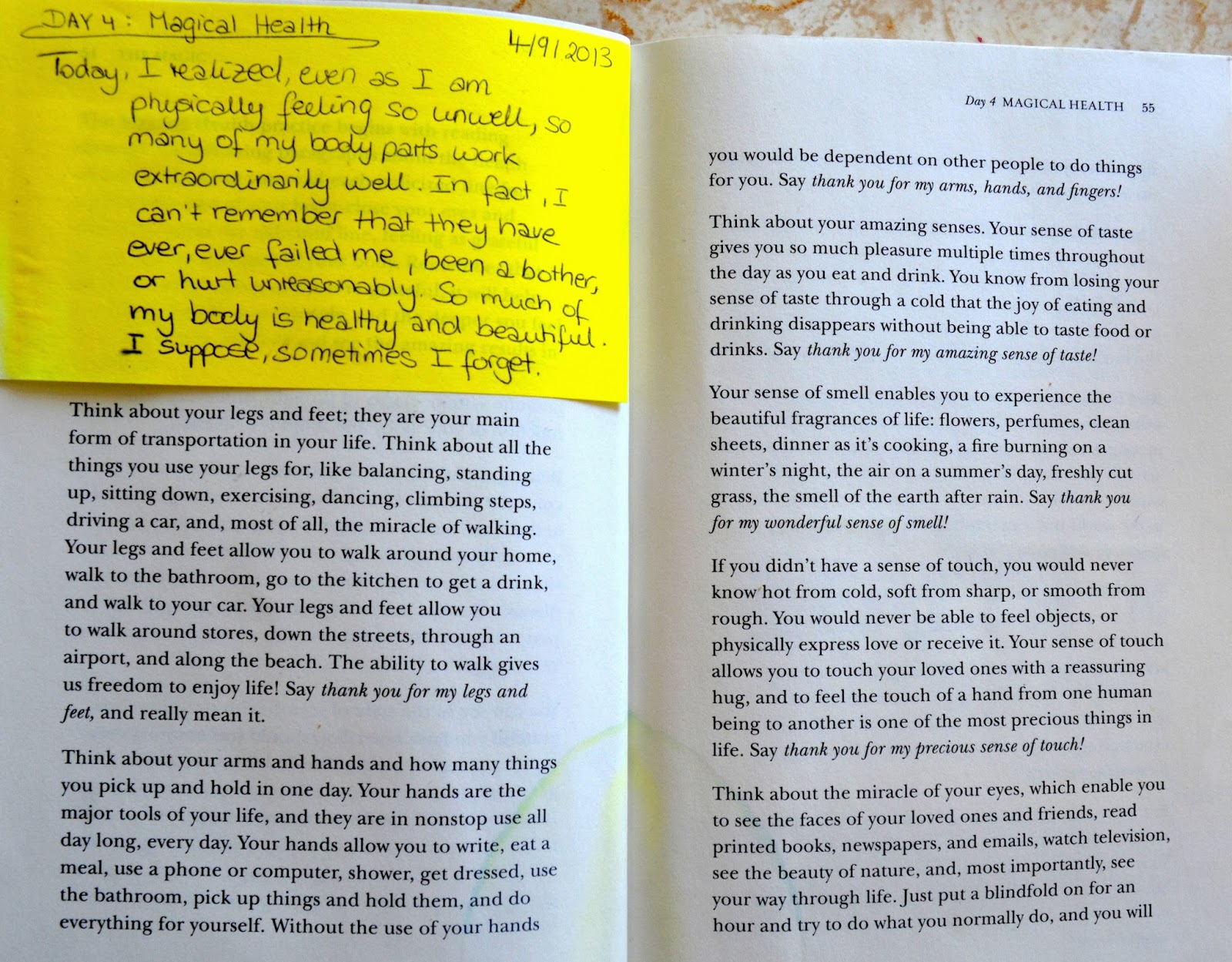
I'm all for alternatives, doing things the natural way, and putting less chemicals in or on my body. But managing my asthma needs to be done reasonably and safely. False advertisement of a cure is not safe. Quite frankly, advising someone with a chronic disease to willy-nilly abandon the medication in favor of starting a lifestyle change seems reckless and dangerous. But that’s the trend I am seeing. It’s either one way or the other. It’s either traditional medicine or alternative medicine and lifestyle changes.
In general, I am highly skeptical of any asthma and allergy treatment or product—natural or otherwise—that claims to be a “cure” for my ailment. I agree that some natural therapies and approaches help to manage symptoms of my allergic asthma. For instance, avoidance of allergens and triggers, aerobic fitness to strengthen lung function, and consuming nutritious foods to maximize the body's immune defense. But it’s not a cure! Just like any medication for asthma and allergies, most of these lifestyle changes might work really well to manage one’s asthma and allergies, but they aren’t cures. Sometimes, I feel people don’t understand this. Most everybody can form an opinion on this topic from conventional knowledge and the genuine desire to help someone.
For example, in the beginning of 2014, yoga instructor and wellness coach Rachel Brathen, used her popular online platform to share her opinion on asthma management. In form of a heartfelt and sometimes gut-wrenchingly honest article, the author related her lifelong asthma journey, but in the end the message was clear: follow my lifestyle because just like me, you won’t need your medication. According to the article, it was her fiancé that insisted “you don’t need this [rescue inhaler]” and hence Brathen’s new year’s resolution: “This year, I will run. I will breathe. And I will not use my inhaler.”
Understandably, some people are against conventional medication and doctors and like to choose alternative ways to heal their body. Unfortunately, this trend often goes hand in hand with shaming anyone who needs medication to feel guilty for putting toxins into their body. Rachel Brathen’s article is one example for this type of body shaming. Brathen’s fiancé made her feel guilty for keeping a rescue-inhaler for emergencies and now she is leading by example, implying that asthma is a matter of determination and mindset.
As much as I would like to belief that a wholesome vegan lifestyle and exercise will build my body into a temple of health and beauty, it’s not that simple. Sometimes it isn’t just mind over matter, changing ones diet, going all natural, exercising and wellness. And that’s what alternative allergy and asthma treatments are missing in my opinion: moderation. When it comes to breathing we are all the same, asthmatic or not. We all need to breathe. It should be OKAY if someone needs medication to breathe. And it’s OKAY if some individual feels that they can manage their asthma without medication. At the same time, this decision shouldn't be influenced by blame and body-shaming of any kind. And as well-meaning as some advocates of lifestyle changes may be, I don’t think everyone should cold turkey follow someone’s advise, go vegan, start yoga and assume this makes them invincible.
I am not going to ritually kiss my asthma medication goodbye and throw it into the garbage bin. I can’t predict how long it will take for lifestyle changes to strengthen my body (I have been a strict vegetarian for 20 years and I am continuously adjusting my lifestyle). I can’t say, I can safeguard myself indefinitely from all allergens and triggers. What if something freaky happens that’s completely out of my control and I die because I am insisting to treat asthma only the natural way. It is unreasonable to assume I can protect myself from everything. I also think it’s so dangerous to advice people to throw out their medication, but it is something I have seen health gurus suggest (in health literature, but especially online).
While I'm desperately hoping for a cure for my allergic asthma, I am under no illusion that I might have to walk through my entire life with a chronic disease. Because of it, I like to look at alternative medicine from a more meditative standpoint: a continuous repetition of good self-care. In this way it is easier for me to accept that health is not accomplished in a day, a week or even months—it’s a lifetime maintenance commitment. And as depressing as this may seem in my weakest and bleakest moments, knowing this gives me hope: I can nurture and heal my body… and I have to do it every day.
I would like to stress that I am not going to shame or blame anyone for how they manage their asthma and take care of their body. On the other hand, I am not in favor of unsolicited preaching of so-called cures.
 ♡ Nina
♡ Nina Disclaimer: Thank you to everyone who takes the time out to read the things I have to say. I am not an expert or professional! My advice is genuine and based on my own experience as a severely allergic asthmatic. I am hoping my writing can suggest reasonable solutions to anyone that may need it and maybe bring awareness to those interested in the topic.









